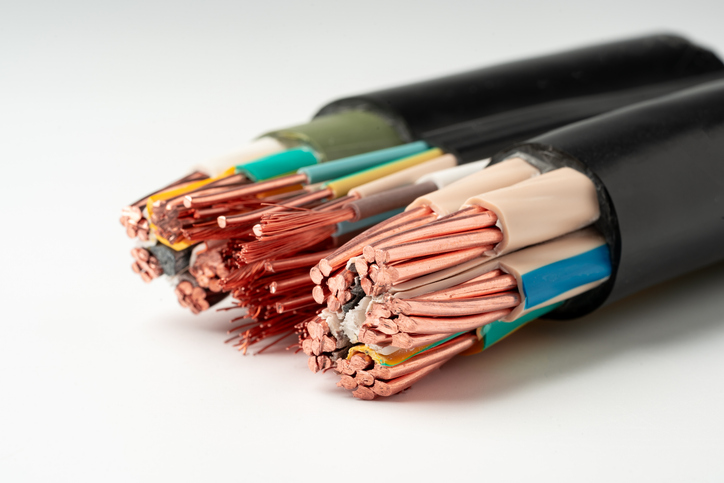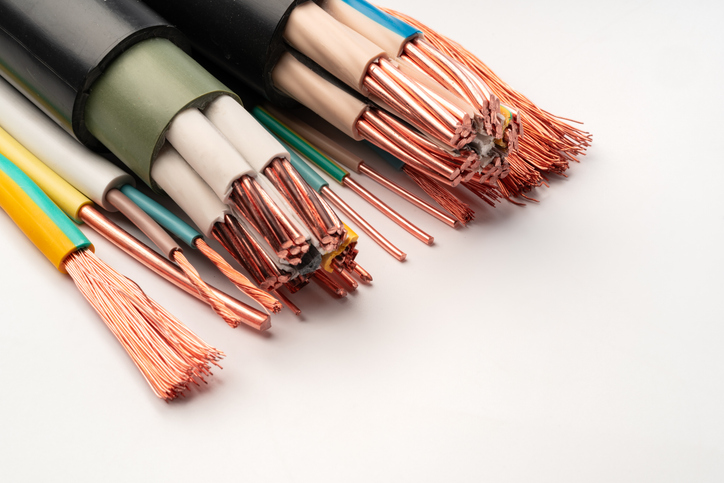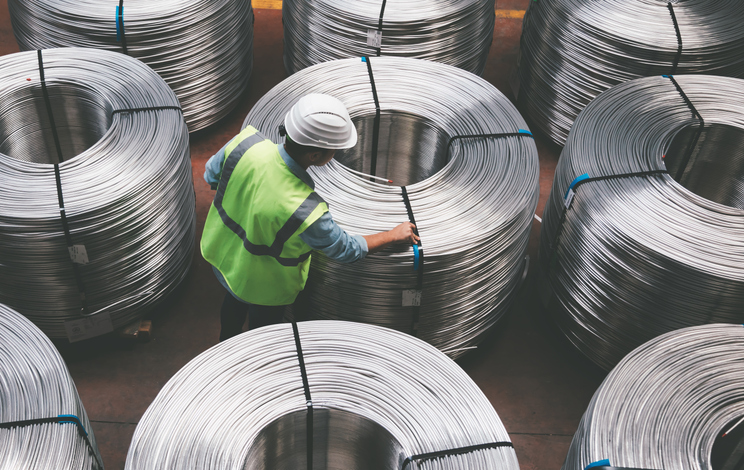Insulation Durometer Hardness
When selecting insulation materials for a variety of applications, durometer hardness plays a crucial role in determining the material's suitability. Durometer hardness measures the material's resistance to indentation and provides valuable insights into its flexibility or rigidity. The durometer scale ranges from 0 to 100, with higher numbers indicating harder materials and lower numbers representing more flexible ones.
The durometer scale most commonly used for insulations materials is based on ASTM D-2240. In specific, this scale includes the A and D scales, with the A scale being used for softer materials and D scale being used to measure the hardness of harder materials.
View this Page as a PDF >
"A" Scale: Soft Material Ratings
| Material | Rating |
| Standard PVC | A85-A90 |
| Semi-Rigid PVC | A90-A96 |
| Irradiated PVC | A94-A96 |
| Flexible PVC | A72-A76 |
| Silicone Rubber | A50-A60 |
| TPR (Shell Elexar Rubber) - #8431Z | A67 |
| TPR (Shell Elexar Rubber) - #8712Z | A65 |
| TPR (Shell Elexar Rubber) - #8623Z | A95 |
"D" Scale: Hard Material Ratings
| Material | Rating |
| Low Density Polyolefins | D45 |
| High Density Polyolefins | D48 |
| Rulan Polyolefins | D55 |
| Cross-Linked Polyolefins | D51 |
| Kynar | D70-D80 |
| Tefze | D75 |
| FEP | D59 |
| TFE | D52 |
| PFA | D60 |
| Halar | D75 |
Choosing the Right Material Based on Durometer Hardness
Selecting the appropriate insulation material depends on the specific application requirements, such as the heat resistance, flexibility, and environmental factors. Softer materials are ideal for dynamic applications requiring flexibility, while harder materials are better suited for environments requiring strong chemical resistance and durability. Understanding the durometer hardness is important when selecting the right insulation material for your needs. When considering the factors during the selection of insulation materials, this guide will help ensure a safe, efficient performance for any electrical or industrial application.
Related Resources

Popular Insulation Types
Insulation is a critical component of any wire conducting an electrical current . The right type of wire insulation is determined by numerous factors, including stability, required life, dielectric properties, temperature and moisture resistance, mechanical strength, and flexibility.Learn More
Types of Strand Construction
Strand construction in wire and cable is crucial because it directly affects flexibility, durability, and electrical performance, impacting the overall reliability and efficiency of the cable in various applications.Learn More
How to Choose the Right Wire or Cable
In selecting a wire or cable for an application, several factors should be considered. Learn More


